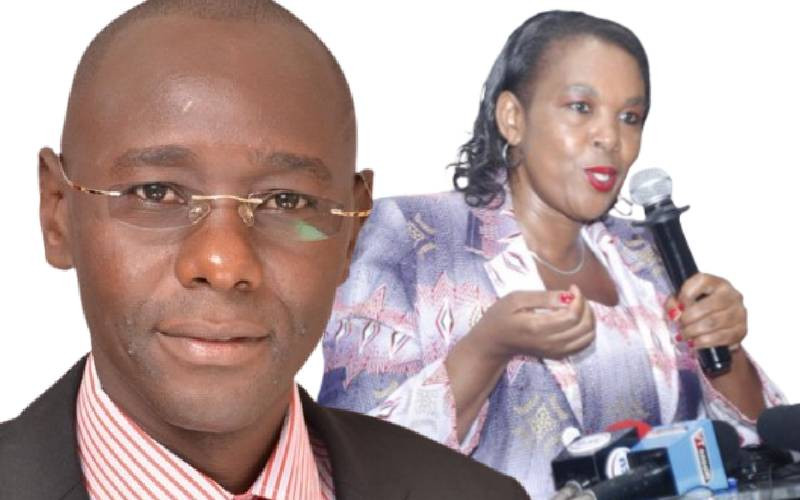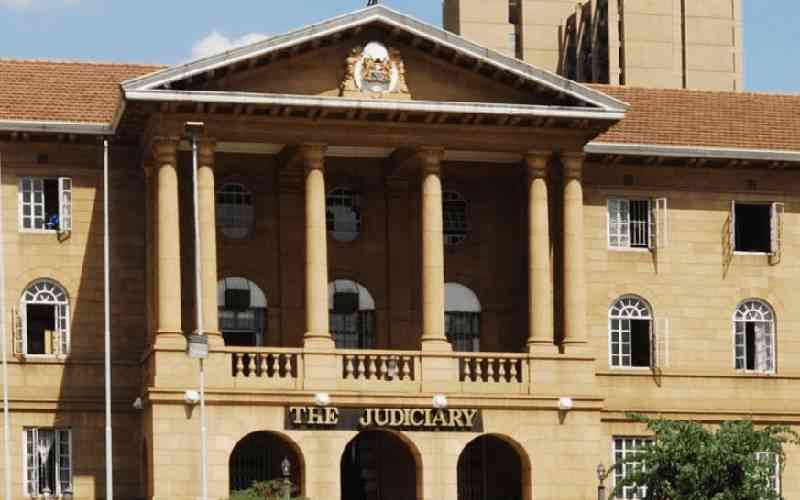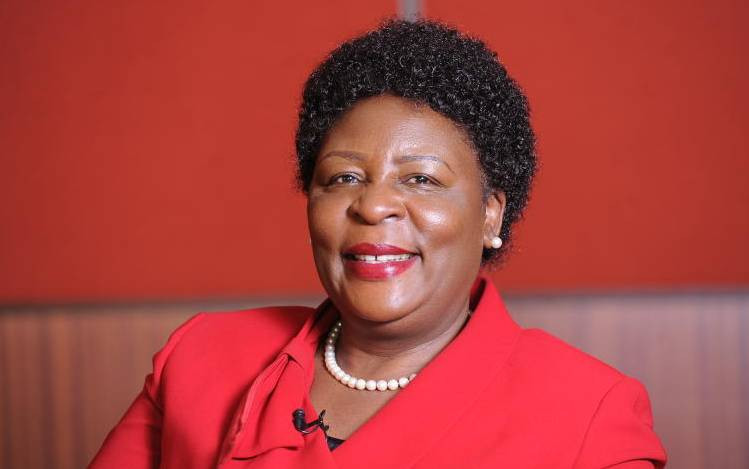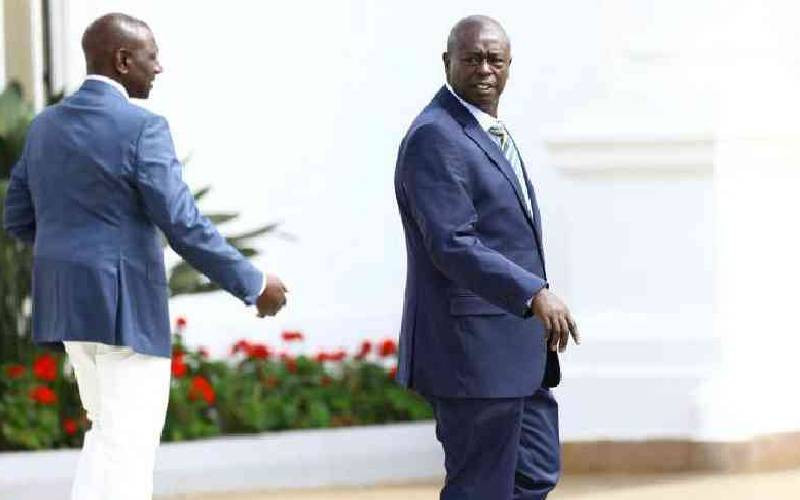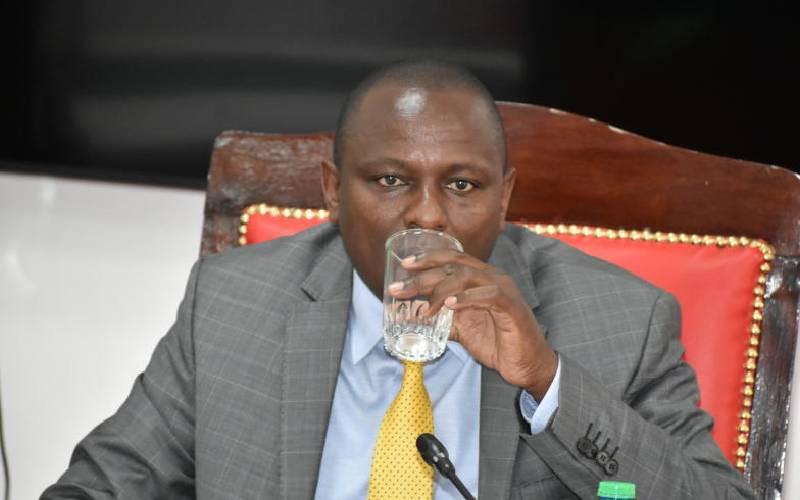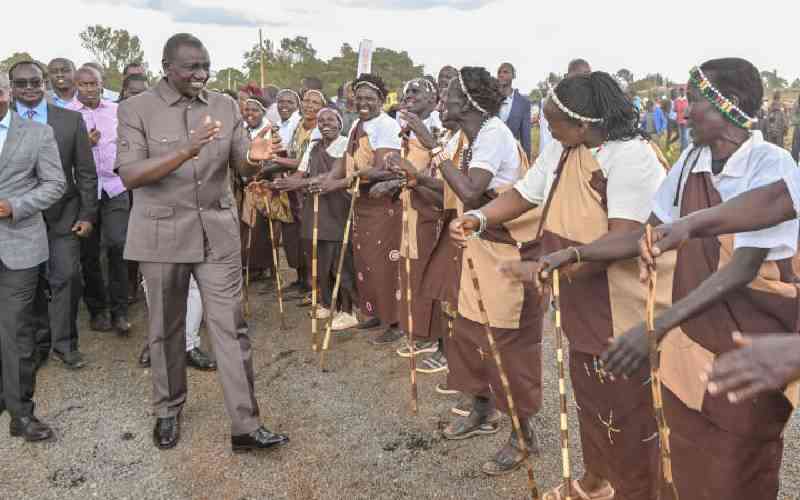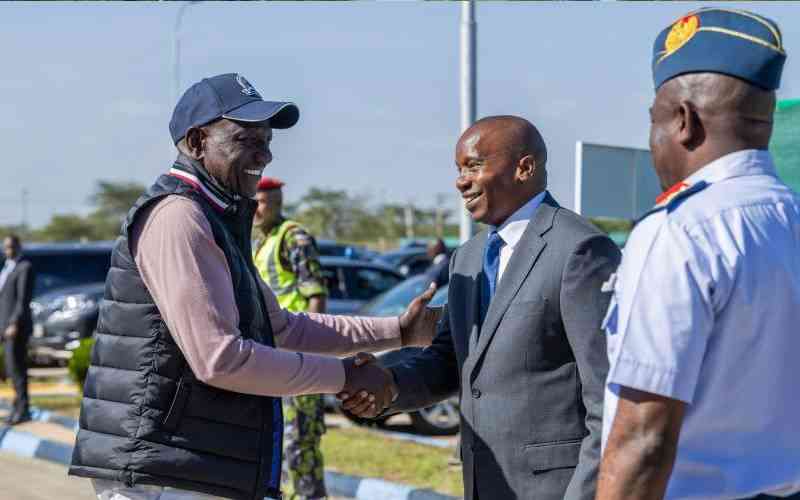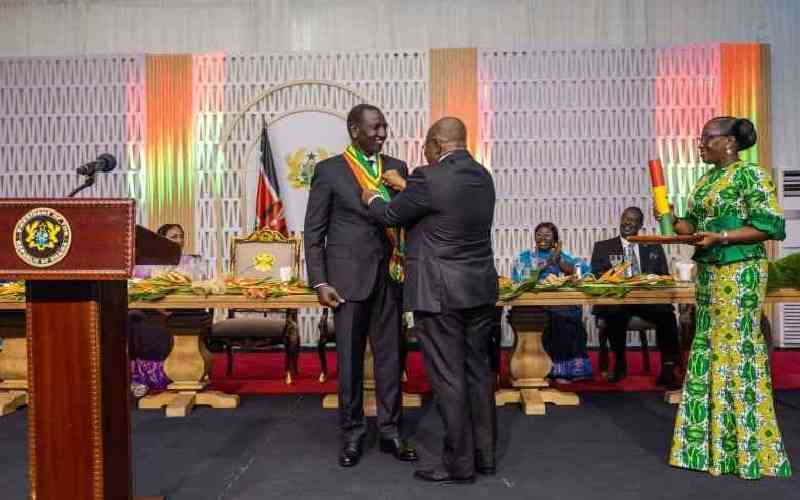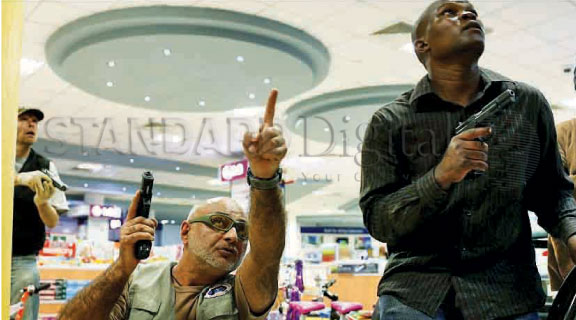 |
|
Licensed gun owners help rescue hostages and track down terrorists in Westgate Mall when it was attacked. [File Picture] |
BY PROTUS ONYANGO
The Westgate mall attack — in which terrorists hurled grenades and shot down civilians before staging a bloodcurdling hostage situation — has renewed debate on whether private security guards and citizens should carry arms.
This is more so because of the way in which the terrorists ambushed guards at the mall and mowed down anyone around.
And the way only a handful of civilians licensed to bear guns put up a strong show beside the few policemen who were first to arrive.
Already, those familiar with formal gun trade in Kenya say there has since been an increase in demand for licences to bear arms, a fact directly attributed to the terrorism scare.
The Counties has established the civilians who brandished their guns against heavily armed Al Shabaab militants at the mall were part of the 5,000 Kenyans holding licences to use guns for self-defence.
Majority of these guns are in the hands of politicians and prominent business operators in Nairobi, according to the Kenya National Focal Point on Small Arms and Light Weapons (KNFP).
The most popular type of gun licensed is the shotgun with 2,200 having been sold compared to 1,872 handguns and 1,107 rifles.
The shotgun, The Counties has established, is very popular with hunters, especially leopard shooters because it releases a burst of bullets, which inflict multiple shots as opposed to a rifle’s single burst.
The market value of the cheapest pistol is Sh25,000 while other variety of guns and makes cost as much as Sh200,000.
The number of guns in private hands will dramatically increase if Kenya National Private Security Workers Union (KNPSWU) has its way.
Although the country has 400,000 guards, KNPSU’s secretary general Isaac Andabwa says his union has 50,000 members.
Mr Andabwa says the time for replacing the guards’ wooden baton (rungu) with gun has come.
“The rungu should be replaced with guns. It is ridiculous to expect a baton-wielding guard to ward off criminals with sophisticated guns,” Andabwa argues.
He, however, clarifies that guns should not be indiscriminately issued to all the watchman and guards, arguing that only trained professionals assigned special duties should be armed.
Stay informed. Subscribe to our newsletter
The guards to be armed, according to Andabwa, will be trained on terrorism, the changing trends of crime and security.
Security experts explained the number of licensed guns pale in comparison with those in the hands of criminals and State agents, which are estimated to be 680,000.
Mr Moses Ombati, the Nairobi County Deputy Police Commander, explained any civilian could apply for a gun as the Constitution allows it. But there are conditions an applicant must meet. The regulations are set out by the Kenya Police through the Firearms Licensing Office.
Ombati explains one has to write to police giving reasons why he needs to be licensed to carry a gun. “The applicant must give us personal details like PIN, account number and the amount of money he handles in a month.”
He added: “We require specific examples of threats that make the person require a gun other than security provided by the State.”
The details are then forwarded to the Criminal Investigations Department (CID) and the National Intelligence Service (NIS) who secretly monitor the applicant.
The district security team then forwards the name to the Inspector General of Police, who upon verification of the facts, authorises for the gun to be given to the applicant.
If the person does not know how to use a gun the police train him or her. It takes a minimum of three months for one to be licensed to own a gun.
Ombati explained if a gun owner flouts the regulations, the weapon is withdrawn and licence cancelled.
“The police in Nairobi normally withdraw at least one gun from licensed gun holders a month. If you threaten people with your firearm or give it out to thugs, we will withdraw it and arrest you,” Ombati said.
There have been cases in Nairobi where licensed civilian gun holders shoot at innocent people. The owner of a popular entertainment club is in court following an incident where he shot a reveler at his bar.
A politician is known to shoot in the air outside a bar where he drinks whenever he has a disagreement with other patrons.
Gun dealers are also strictly regulated as they are required to have proper security mechanisms at their firms to ensure the firearms and ammunition they have are safe.
The dealers are also required to thoroughly vet their employees and ensure they are all certified by the CID and the NIS to ensure they have no criminal record.
Kenya Bunduki is the largest of the eight licensed firearms dealers in the country. The firm is licensed to hold up to 16,000 firearms and 500,000 rounds of assorted ammunition and is the largest single firearms dealer in Kenya.
According to our sources, six dealers were deregistered last year for flouting security guidelines.
One of the firearm dealers based in Nairobi’s Industrial Area said the gun business is only profitable if one complies with all the regulations. “We handle all kinds of sophisticated firearms, which can only be handled by licensed personnel. We sell firearms and ammunition to individuals or companies which present licences issued by the police,” he explained.
But despite the strict regulations on arms dealings and trade, there are several other illegal arms dealers who supply arms and ammunition to unscrupulous people and criminals.
Ombati revealed there are many guns in wrong hands, but the police were doing their best to improve security in the city.
“There are many cases of armed robbers carjacking people. We get at least 20 guns in a month from criminals,” Ombati said.
He said the police also use undercover officers to pose as customers to buy guns from illegal dealers. “When civilians report to us about unlicensed people selling guns, we send our officers to buy and then we arrest them,” Ombati revealed.
He said small arms also originate from communities in cattle-rearing areas of North Rift, parts of Eastern and North Eastern.
Dr Francis Sang’ of the Regional Centre for Small Arms based in Nairobi said the proliferation of arms was due to lack of regulations for arms dealers. “Firearm dealers rely on a general lack of governmental control and screening of their activities to fuel the availability of illegal arms,” Sang’ explained.
Ombati announced a multi-million shillings software facility was being installed by government as part of the process of setting up a database of licensed arms dealers.
“We will have an electronic register of all arms dealers to help in more effective control,” he added.
The project is funded by the governments of Austria and the Royal Kingdom of the Netherlands through the UN’s Regional Centre for Peace and Disarmament in Africa.
 The Standard Group Plc is a
multi-media organization with investments in media platforms spanning newspaper
print operations, television, radio broadcasting, digital and online services. The
Standard Group is recognized as a leading multi-media house in Kenya with a key
influence in matters of national and international interest.
The Standard Group Plc is a
multi-media organization with investments in media platforms spanning newspaper
print operations, television, radio broadcasting, digital and online services. The
Standard Group is recognized as a leading multi-media house in Kenya with a key
influence in matters of national and international interest.
 The Standard Group Plc is a
multi-media organization with investments in media platforms spanning newspaper
print operations, television, radio broadcasting, digital and online services. The
Standard Group is recognized as a leading multi-media house in Kenya with a key
influence in matters of national and international interest.
The Standard Group Plc is a
multi-media organization with investments in media platforms spanning newspaper
print operations, television, radio broadcasting, digital and online services. The
Standard Group is recognized as a leading multi-media house in Kenya with a key
influence in matters of national and international interest.


